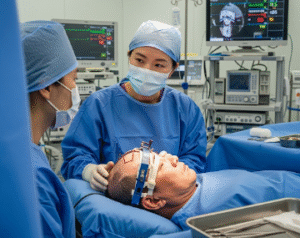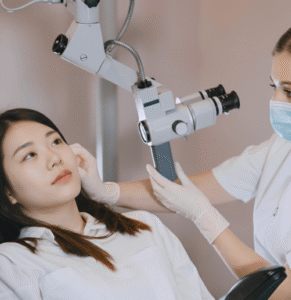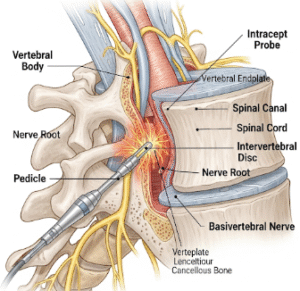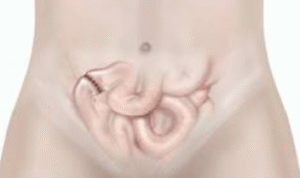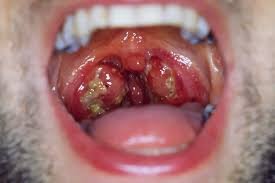Risk Factors
- Wearing contact lenses, especially overnight or improperly
- Compromised immune system (HIV, diabetes, immunosuppressive therapy)
- Recent eye surgery or trauma
- Exposure to contaminated water or unclean environments
- Allergies or chronic eye conditions
- Poor hygiene practices
Complications
- Corneal ulcers leading to permanent scarring
- Vision loss or blindness in severe infections
- Chronic inflammation and discomfort
- Spread of infection to surrounding tissues (orbital cellulitis)
- Systemic infection in immunocompromised patients
Prevention
- Practice proper hand hygiene
- Clean and disinfect contact lenses properly
- Avoid touching or rubbing eyes with dirty hands
- Use protective eyewear in dusty or contaminated environments
- Promptly treat minor eye injuries to prevent infection
- Avoid sharing personal eye-care items
Treatment Options in Korea
South Korea provides modern ophthalmology care with specialized infectious disease management:
- Diagnosis
- Slit-lamp examination to identify site and severity of infection
- Microbiological cultures of eye swabs
- Fluorescein staining to detect corneal ulcers
- Imaging (CT or MRI) for orbital infections
- Medication
- Topical antibiotics, antiviral, or antifungal eye drops
- Systemic antibiotics or antivirals for severe infections
- Anti-inflammatory medications to reduce swelling and discomfort
- Surgical Intervention
- Corneal debridement for ulcers
- Drainage of abscesses or orbital cellulitis
- Eye surgery for severe or non-responsive infections
- Supportive Care
- Lubricating eye drops to reduce dryness and irritation
- Warm compresses for eyelid infections
- Hospitalization in severe or systemic infections



